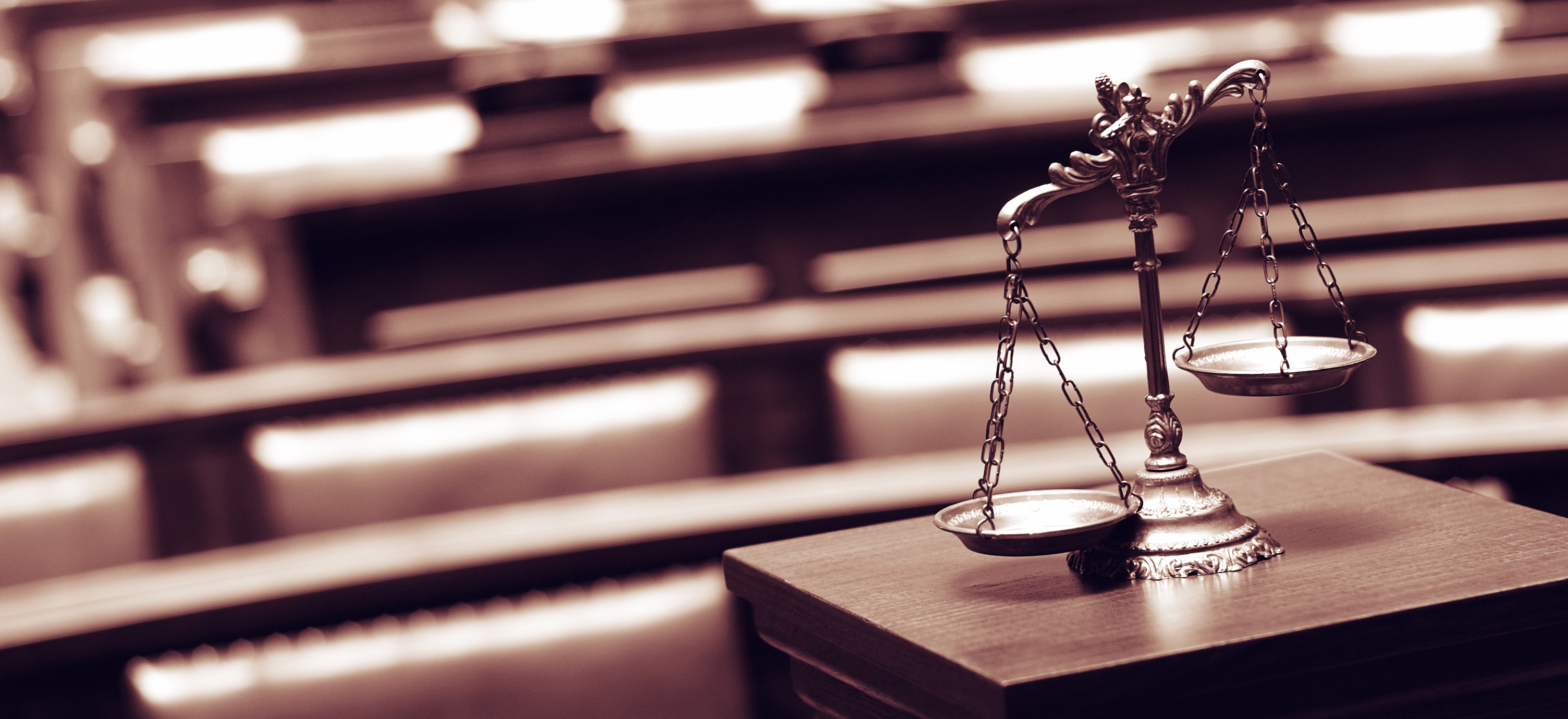- Arbitration
- Banking & Finance
- Capital Markets
- Commercial
- Competition
- Construction & Infrastructure
- Corporate / Mergers & Acquisitions
- Corporate Services
- Corporate Structuring
- Digital & Data
- Dispute Resolution
- Employment & Incentives
- Family Business & Private Wealth
- Innovation, Patents & Industrial Property (3IP)
- Insurance
Find a Lawyer
Book an appointment with us, or search the directory to find the right lawyer for you directly through the app.
Find out more
Level Up: Unlocking Financial Potential In The Middle East
Welcome to this edition of Law Update, where we focus on the ever-evolving landscape of financial services regulation across the region. As the financial markets in the region continue to grow and diversify, this issue provides timely insights into the key regulatory developments shaping banking, investment, insolvency, and emerging technologies.


2025 is set to be a game-changer for the MENA region, with legal and regulatory shifts from 2024 continuing to reshape its economic landscape. Saudi Arabia, the UAE, Egypt, Iraq, Qatar, and Bahrain are all implementing groundbreaking reforms in sustainable financing, investment laws, labor regulations, and dispute resolution. As the region positions itself for deeper global integration, businesses must adapt to a rapidly evolving legal environment.
Our Eyes on 2025 publication provides essential insights and practical guidance on the key legal updates shaping the year ahead—equipping you with the knowledge to stay ahead in this dynamic market.
The leading law firm in the Middle East & North Africa region.
A complete spectrum of legal services across jurisdictions in the Middle East & North Africa.
-
Practices
- All Practices
- Banking & Finance
- Capital Markets
- Commercial
- Competition
- Construction & Infrastructure
- Corporate / Mergers & Acquisitions
- Corporate Services
- Corporate Structuring
-
Sectors
-
Country Groups
-
Client Solutions
Today's news and tomorrow's trends from around the region.
17 offices across the Middle East & North Africa.
Our Services
 Back
Back
-
Practices
- All Practices
- Banking & Finance
- Capital Markets
- Commercial
- Competition
- Construction & Infrastructure
- Corporate / Mergers & Acquisitions
- Corporate Services
- Corporate Structuring
- Digital & Data
- Dispute Resolution
- Employment & Incentives
- Family Business & Private Wealth
- Innovation, Patents & Industrial Property (3IP)
- Insurance
- Intellectual Property
- Legislative Drafting
- Private Client Services
- Private Equity
- Private Notary
- Projects
- Real Estate
- Regulatory
- Tax
- Turnaround, Restructuring & Insolvency
- White Collar Crime & Investigations
-
Sectors
-
Country Groups
-
Client Solutions
A High Threshold for Suing Arbitrators in UAE
Hassan Arab - Partner, Regional Head of Dispute Resolution - Litigation / Arbitration

It is rare for arbitrators to be sued in the UAE although the prospect of such steps being taken has garnered much press interest in recent times. The new 2018 arbitration law (UAE Federal Arbitration Law No. 6 of 2018) does not address the issue, and the old law (Articles 208 to 218 of UAE Civil Procedure Law No. 11 of 1992) merely stated that an arbitrator could be liable for damages if the arbitrator resigns without a good reason. However, a recent Dubai Court of Cassation judgment (No. 484 of 2017) has considered the issue and provided helpful guidance. This article considers this important judgment and its implications.
Background
A developer, Al Sayyah & Sons Investments LLC (the “Developer”), sold various units off-plan in a tower it was developing in Dubai Marina. Various purchasers assigned their rights under the sale and purchase agreements they had with the Developer to a real estate finance company, Amlak.
Amlak initiated DIAC arbitration proceedings against the Developer, alleging that the units (now built) were not in conformity with the agreements.
In July 2012 DIAC appointed the sole arbitrator (“Arbitrator No.1”). He issued a partial award in November 2013 determining jurisdictional issues. Arbitrator No.1 resigned in December 2013 due to issues regarding impartiality. Arbitrator No.2 was subsequently appointed as the sole arbitrator by DIAC. Arbitrator No 2 issued a final award against the Developer. The award ordered that the Developer pay Amlak AED 46.5m plus interest, as well as AED 466,788 in arbitration costs. Arbitrator No 2 issued a supplemental award to correct accounting calculation errors in the final award which reduced the amount payable to AED 42.7m.
The final award was ratified by the Dubai Courts and an amount of AED 42.7m was paid in full by the Developer to Amlak.
The Claim Before the Courts
The Developer then filed a claim before the Dubai Court of First Instance alleging that the two arbitrators had committed material errors in their respective awards. It was claimed that:
- The two arbitrators lacked capacity to decide the dispute.
- Arbitrator No.1 erred in his award on jurisdiction by holding that Al Sayyah & Sons Investments LLC and Al Sayyah Investments were the same legal entity. Arbitrator No.2 made the same error by relying on and adopting the terms of the partial award in issuing the final award.
- The Developer was not a party to the agreements containing the arbitration clause.
- Arbitrator No.2 had denied the Developer’s right to submit its defence as Amlak should have been ordered to submit the original agreements.
- Arbitrator No.2 had altered the terms of the agreement in order to render the final award and had failed to address the issue of lack of jurisdiction.
- Arbitrator No.2 failed to include the names of the unit owners and misrepresented the unit area data as set out in the architect’s report in his supplemental award.
- Arbitrator No.2 failed to take into consideration the relevant Land Department documents delineating the gross area of the units when making the final award.
For the above reasons the Developer asserted that they were wrongfully ordered to pay Amlak the AED 42m and sought that both arbitrators be held jointly and severally liable to repay this money to the Developer.
The Court of First Instance dismissed the Developer’s claim in January 2017. This was upheld by the Dubai Court of Appeal in September 2017. The Developer appealed to the Dubai Court of Cassation.
The Dubai Court of Cassation judgment
On 21 December 2017 the Court of Cassation dismissed the appeal. The Court of Cassation explained that in order for an arbitrator to be found liable in tort, the following elements had to be proved by the claimant:
- There had been an act or omission by the arbitrator;
- Harm was incurred by the claimant; and
- There was a causal link between the act or omission and the harm caused.
Significantly, the Court then went further and stated that the act or omission would need to be “a serious mistake tainted by deceit, fraud, collusion with the opponent, or refusal to act without acceptable justification. An ordinary mistake or negligence, whether in judgment or procedure, is not sufficient to hold the arbitrator liable unless it is a serious mistake or fraud”.
The Court held that it is for the trial court to examine the evidence and determine whether an arbitrator is liable. In this case the Court held that the errors which the Developer alleged were errors of judgment for which the two arbitrators could not be sued.
 A Step in the Right Direction
A Step in the Right Direction
The Court found that it was not enough for the claimant to demonstrate that an arbitrator made an error that had caused loss to the claimant. The error has to be a ‘serious mistake’ or one tainted by fraud or deceit or otherwise inexplicable. This suggests a high-threshold and one that should give comfort to arbitrators.
This standard of civil liability is in tune with the threshold found in other laws. Both the DIFC and the ADGM have arbitration laws stating that an arbitrator will not be liable ‘unless they are shown to have caused damage by conscious and deliberate wrongdoing’ (Article 22 of the DIFC Arbitration Law 2008; Article 23 of the ADGM Arbitration Regulations 2015).
Many arbitral rules contain terms stating that the parties agree not to sue the arbitrator. This includes the DIAC rules which state, at Article 40, that no member of a tribunal shall be liable in connection with the arbitration. It is not clear why this was not referred to by the Court in its judgment, but its absence leaves open the question of whether an arbitrator’s liability under the law can be further limited by the consent of the parties.
This Court of Cassation judgment is definitely a positive step forward. It should make arbitrator’s feel more confident that whilst they are not immune from suit, they are protected from spurious claims brought by disgruntled parties.
Al Tamimi uniquely possesses the capability to litigate before both of the financial free zone courts and conduct litigation before the UAE Federal Courts and the courts of each individual Emirate. Al Tamimi & Company’s Arbitration team regularly advises on international investment and commercial arbitration. For further information, please contact Dr. Hassan Arab (h.arab@tamimi.com) or Dalal Al Houti (D.Alhouti@tamimi.com).
Stay updated
To learn more about our services and get the latest legal insights from across the Middle East and North Africa region, click on the link below.


